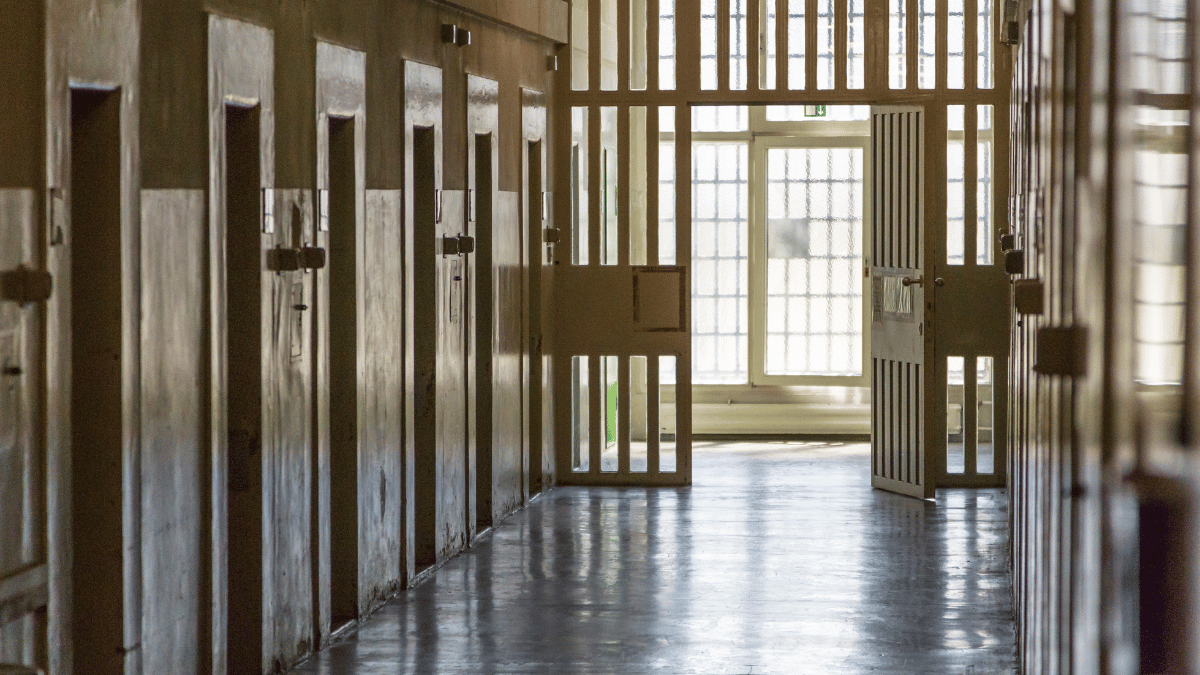Currently West Virginia legally confines youth at a rate almost three times the national average. In 2015, when West Virginia had two times the national average of legally confined youths, the state passed a law aimed at juvenile justice reform.
The law required what is now the state’s Department of Homeland Security, and what is now the Department of Human Services, to collect data on juvenile truancy and recidivism. The law requires the data collection to be by race and gender at minimum.
Eight years later the NAACP is suing those agencies for failure to collect the data mandated by law. The plaintiffs are asking the court to order the agencies to abide by the law and in doing so begin collecting data on truancy and recidivism in the state.
As of 2015 West Virginia juveniles were confined at a rate of 330 of every 100,000 children, a rate higher than any other state and more than double the national rate. Most recent 2021 data shows a reduction with 202 of every 100,000 children in legal confinement, which is the second highest rate in the nation behind Wyoming.
